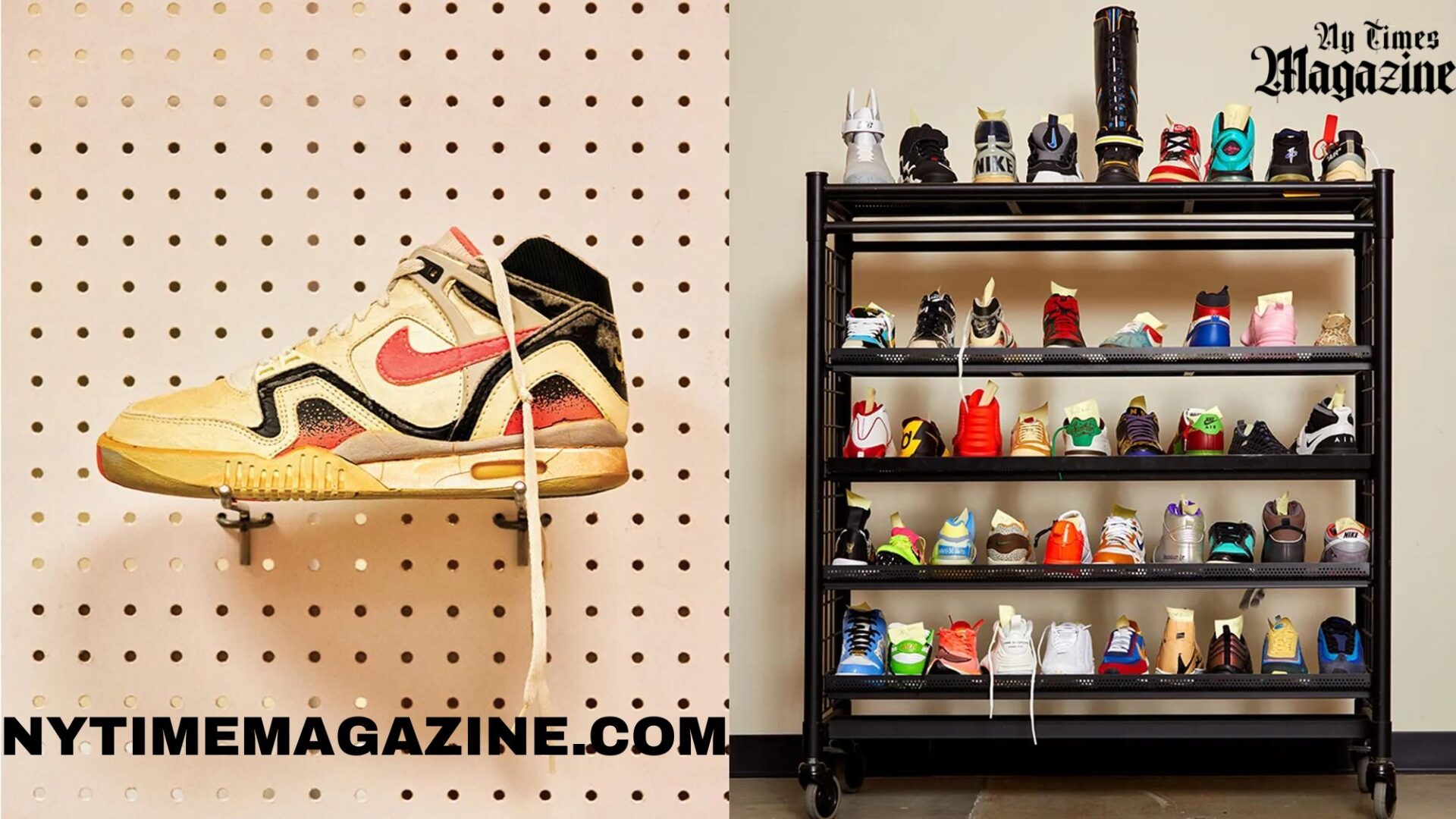In the ever-evolving world of fashion and footwear, the term “reps” has become increasingly popular, raising questions and eyebrows among enthusiasts and buyers alike. What exactly do reps mean in shoes? Are they synonymous with fakes, or is there more to this trend than meets the eye? In this comprehensive guide, we’ll delve into the world of reps in shoes, exploring their meaning, the debate over authenticity, the reasons behind their popularity, and whether they come from the same factories as the originals.
Contents
What does a rep mean in shoes?
Reps, short for replicas, refer to imitation or counterfeit versions of popular and often expensive footwear. These shoes attempt to mimic the design, aesthetics, and sometimes even the branding of original, higher-priced models. Reps are not produced or authorized by the original manufacturers but are created by other entities to cater to a market that seeks the look and feel of iconic shoes without the hefty price tag.
Are shoes Fake if they are reps?
The question of whether shoes classified as reps are Fake is a nuanced one. From a legal and brand standpoint, yes, reps are considered fake or counterfeit as they infringe on trademarked designs and logos. However, the term “fake” doesn’t necessarily imply poor quality or lack of craftsmanship. Reps can be well-made and visually indistinguishable from their authentic counterparts, blurring the lines between genuine and imitation.
Why are reps so popular?
The popularity of reps in the shoe market can be attributed to several factors. Affordability is a significant driver, allowing consumers to sport the latest trends without breaking the bank. Additionally, limited-edition releases and exclusive collaborations often result in high demand and limited supply, making it difficult for enthusiasts to secure the original pairs. Reps step in to fulfill this demand by offering accessible alternatives to those who might otherwise miss out on coveted designs.
Another aspect contributing to the popularity of reps is the evolving perception of authenticity in the fashion world.
Are reps made in the same factory?
Contrary to popular belief, reps are not typically produced in the same factories as the authentic versions. Original manufacturers invest heavily in quality control, research, and development to ensure the superiority of their products. Replicas, on the other hand, are often manufactured in facilities that prioritize cost-effectiveness over stringent quality standards. While some high-end replicas may come close to the original in terms of materials and craftsmanship, they rarely match the exact production processes or attention to detail employed by the genuine brands. Whether you view reps as a budget-friendly alternative or a controversial imitation, one thing is clear – they have become a significant player in the footwear industry, shaping the way we perceive and consume fashion. As the conversation around reps continues, it’s essential to navigate the nuances and complexities of this trend, acknowledging both its challenges and the unique opportunities it presents for consumers and the fashion industry alike.
Quality and Durability: The Rep Factor
One common concern among potential buyers of reps is the quality and durability of these imitation shoes. While it’s true that some replicas may lack the same level of craftsmanship as their authentic counterparts, the gap in quality has been narrowing in recent years. Some manufacturers of reps invest in advanced production techniques and materials to create shoes that closely resemble the originals not only in appearance but also in durability. It’s essential for buyers to research and be discerning when choosing reps, as the market offers a spectrum of quality ranging from poorly made knock-offs to high-end replicas that strive to match the durability of the authentic pairs. Reviews and recommendations from fellow enthusiasts can be valuable resources in navigating this aspect of the reps landscape.
The production and sale of replica shoes exist in a legal gray area. While trademark laws protect the intellectual property of original brands, enforcing these laws against replica manufacturers can be challenging, especially when they operate in countries with lax intellectual property regulations. Some argue that reps provide a form of creative expression, challenging the exclusivity of high-end fashion and allowing a broader audience to engage with iconic designs.
However, it’s crucial for consumers to be aware of potential legal repercussions when purchasing and wearing replica shoes. Some countries have stricter enforcement of intellectual property laws, and knowingly buying or selling counterfeit goods can lead to legal consequences. Understanding the legal landscape surrounding reps is an essential aspect of participating in this aspect of the fashion market.
The Future of Reps: Evolving Trends and Consumer Preferences
As the fashion landscape continues to evolve, the future of reps in shoes remains intriguing. The debate over authenticity, the pursuit of individual expression, and the accessibility they provide suggest that reps will likely continue to have a place in the market. Brands, too, are adapting to changing consumer preferences by exploring collaborations and limited releases that resonate with a wider audience. In the coming years, we may witness a more significant shift in how brands and consumers perceive replicas. Will the emphasis on exclusivity diminish in favor of inclusivity and personal style? Only time will tell. What is certain is that the discussion around reps in shoes is not likely to fade away, and it will be fascinating to observe how this trend shapes the future of the fashion industry.
Conclusion:
The world of reps in shoes is multifaceted, encompassing affordability, style, legality, and evolving consumer preferences. As consumers, enthusiasts, and industry professionals engage in conversations surrounding replicas, it’s crucial to approach the topic with an open mind, acknowledging the complexities and nuances that define this trend. Whether you are intrigued by the affordability and accessibility of replicas or find yourself aligned with the traditional notions of authenticity, the reps landscape invites us to question and redefine our understanding of fashion and individual expression. As we move forward, the dialogue around reps in shoes will undoubtedly continue to shape the ever-evolving narrative of the fashion industry.



